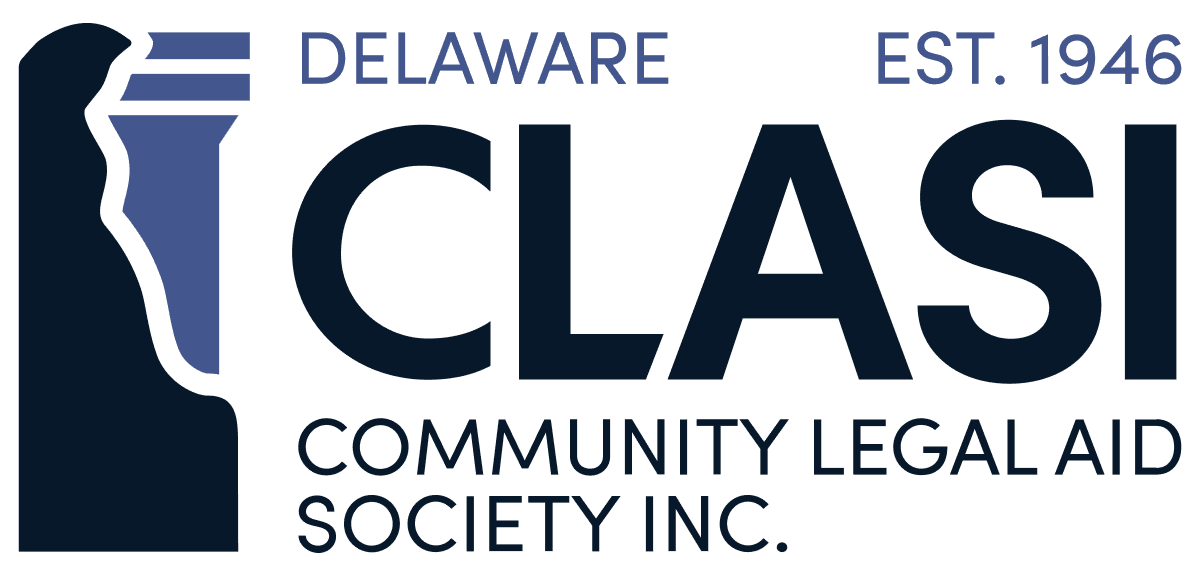DELTA Impact: Intimate Partner Violence Prevention Among Youth
Kenzie Swanson, DELTA Project Coordinator, Turning Point at People's Place
February 2020
What is DELTA Impact?
Domestic Violence Prevention Enhancement and Leadership Through Alliances (DELTA) is a program funded by the Centers for Disease Control and Prevention (CDC) that seeks to address and reduce violence across the spectrum. The prevention efforts are guided by a set of core principles:
- Preventing first-time perpetration and first-time victimization;
- Reducing risk factors associated with Intimate Partner Violence (IPV);
- Promoting protective factors that reduce the likelihood of IPV;
- Implementing evidence-supported strategies that incorporate behavior and social change theories; and
- Evaluating prevention strategies and using results to form future plans
Delaware's DELTA Impact project is part of a five-year grant that helps us to continue Delaware’s efforts to plan, implement and evaluate state and local evidence-informed intimate partner violence (IPV) prevention programs and policies in order to bring about decreases in IPV risk factors and increases in IPV protective factors throughout Delaware, as well as continue to build and expand IPV prevention infrastructure and prioritization within the state.
The three main focus areas of programming through this grant are Creating Protective Environments; Engaging Influential Adults and Peers; and Strengthening Economic Supports for Families. Turning Point's project is focused on creating protective environments by fostering safety, health, and wellbeing for youth.
What does DELTA Impact really do?
Turning Point's DELTA Impact project uses a two-pronged approach and accompanied evidence-based programs in high schools throughout Kent and Sussex counties. Hanging Out and Hooking Up (HOHU) is utilized in School-Based Wellness Centers, and an adapted version of Shifting Boundaries is used in classroom-based programming.
Wellness Centers are separate from the nurse’s office and are often partnered with a local hospital. High school students can access the Wellness Center and, depending on their school district, receive a variety of health, reproductive, mental health services. HOHU is an adolescent relationship abuse screening tool utilized by health care providers. Turning Point's DELTA Impact staff formally trains school providers, staff, and administration on its effective utilization. A large benefit to this screening tool, is its ability to normalize how intimate relationships are critical to one's overall healthcare. Turning Point continues to provide technical support to schools and follow up surveys with students, who utilize the Wellness Center, to gain insight into their program’s overall success.
Additionally, Turning Point's DELTA Impact project implements a unique curriculum in a variety of classroom settings to cover topics such as consent, boundaries, healthy and unhealthy behaviors, sex and gender, and societal norms. This curriculum was based off of Shifting Boundaries, an evidence-based program, created for middle school students. This curriculum also addresses school climate and safety by conducting a “Hot Spot” module where students can identify areas of the school that may be identified as safe or unsafe. All information is collected voluntarily and anonymously then provided to administration for its review and ultimate goal of increasing student safety.
These two programs combined, provide our schools with a holistic approach to primary prevention of adolescent relationship abuse. DELTA Impact functions under the belief that what is predictable is preventable. By using these approaches, we hope to prevent intimate partner violence before it starts and help create protective environments so our Delaware youth can thrive in healthy relationships.




